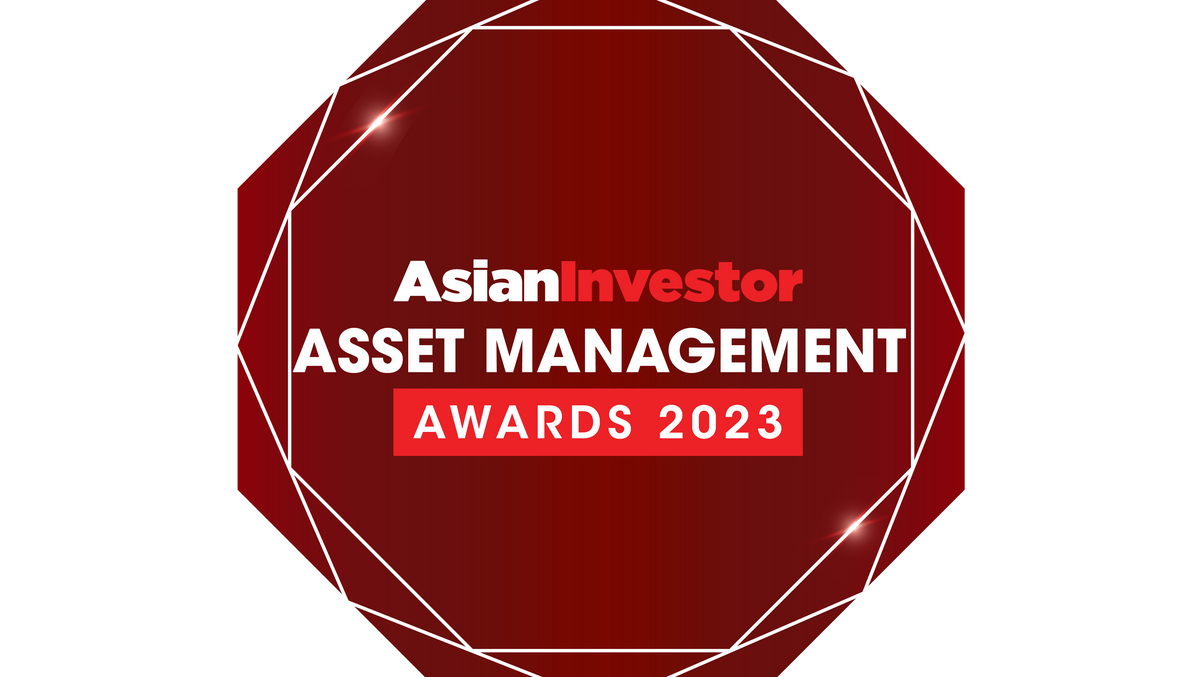award
Top fund strategies by asset class, explained
AsianInvestor explains how the winners in this category were selected. Mercer data was used for the funds and strategies assessed and the winners were selected based on their performance in 2022.

AsianInvestor's asset class awards are an important category in Asset Management Awards and provide valuable insight on outperforming investment strategies and funds.
Sign in to read on!
Registered users get 2 free articles in 30 days.
Subscribers have full unlimited access to AsianInvestor
Not signed up? New users get 2 free articles per month, plus a 7-day unlimited free trial.
¬ Haymarket Media Limited. All rights reserved.


